Advertisers begin to turn their backs on Facebook
Advertisers have begun redirecting their spending away from Facebook.

Advertisers have begun redirecting their spending away from Facebook amid acrimonious negotiations over a media code and a continuing ban on news publishers posting to the platform.
The federal government has also expanded its moratorium on Facebook advertising from coronavirus-related messaging, with Finance Minister Simon Birmingham describing the ban on news publishers as an attempt to “exert power or influence over our democratic systems”.
While Scott Morrison and Health Minister Greg Hunt have previously said they would pull Facebook advertising, this is the first time the Finance Department, which controls millions in digital spending, has been asked to suspend expenditure.
“My expectation is that we will pull back from advertising while they undertake this type of terrible activity of pulling down sites inappropriately, seeking to exert power or influence over our democratic systems,” Senator Birmingham told the ABC on Monday. “We won’t tolerate that, we will be standing firm on the legislation and looking at all those advertising points.”
The government spent about $42m on digital advertising in the last financial year, with the Australian Competition & Consumer Commission suggesting one-quarter of all online spending in the country is with Facebook.
Advertising agencies also told The Australian that clients had begun reconsidering Facebook, with others suggesting it would fall further as consumers who used the platform to read the news found other ways to do so.
“We have seen a significant drop in advertising spend,” said Judy Sahay, the managing director of Crowd Media.
“The impact didn’t just affect news outlets but also Facebook groups and community groups.
“I believe this will have a ripple effect with more businesses finding ways to spend their advertising dollar elsewhere,” she said.
“Imagine spending tens of thousands of dollars a month in building a community on Facebook over a long period of time and being told one day that your accounts will no longer be active. As a business, this is frightening.”
Facebook bungled the rollout of its surprise news ban last week, inadvertently blocking charities, local councils, politicians and even the 1800Respect counselling service. The company had been locked in negotiations with Josh Frydenberg, with the government’s media code legislation debated in the Senate for the first time on Monday.
The code was devised with the assistance of the ACCC after the Treasurer directed the regulator to work on a mandatory set of rules when it became clear Google and Facebook were unlikely to sign on to a voluntary agreement.
The ACCC found the “ubiquity of the Google and Facebook platforms has placed them in a privileged position” and made them unavoidable business partners for the media.
“However, the inability of news media businesses to individually negotiate terms over the use of their content by digital platforms is likely indicative of the imbalance in bargaining power,” the ACCC’s final digital platforms inquiry report, released in June 2019, reads.
The latest row between publishers and Facebook has inadvertently drawn in other sectors, including online retailers. Paul Zahra, the chief executive of the Australian Retailers Association, said it was “unfortunate”.
“Facebook is a key part of the online sales strategy for many retailers and sharing news about products and services is part and parcel of their activities online,” he said.
“We hope these matters can be resolved swiftly without further impact on retail.”
Zora Tan-Sheppard was one small businesswoman to get caught up in Facebook’s surprise new ban on Thursday — despite the fact she uses the platform to sell exotic fruits online.
“My husband has been unemployed since March last year due to COVID, so we were on one income,” Ms Tan-Sheppard said.
Facebook on Monday afternoon restored Ms Tan-Sheppard’s business page but she said she would no longer be solely reliant on the platform. “The lesson is don’t put your eggs in the one basket,” she said. “Having everything blacked out on my Facebook page, it’s affected me really emotionally and mentally.”
Since the removal of news publishers, the most shared Australian links on Facebook have come almost entirely from Ozzy Man Reviews — a Perth comedian — as well as the Cats On Catnip — a cat appreciation page — satirical publication The Betoota Advocate and the NRL.
Around 40 per cent of Facebook users consumed news on the platform, said digital marketer Michael Ginsburg.
Dreamscape Networks chief executive Mark Evans, who runs Crazy Domains, said Australian small businesses should build their own websites and avoid relying on Facebook.
“Most small businesses already felt they were getting a better return on their investment from their website than social media, which is consistent with Australian consumers also preferring websites when learning about a new business and when deciding to make a purchase,” he said.
“In fact, consumers rate a business’s website as being four times more important than social media when making a purchasing decision.
“The situation with Facebook has reminded small business owners that their profile on social media is not something they own or can control, in contrast with a website. It’s subject to the social platform‘s profit goals and government regulations.”
Facebook Australia managing director Will Easton said the tech giant was working with the government to direct people to authoritative health information and notify them of updates via its COVID-19 Information Centre, alongside third-party fact-checking partnerships with AAP and AFP.


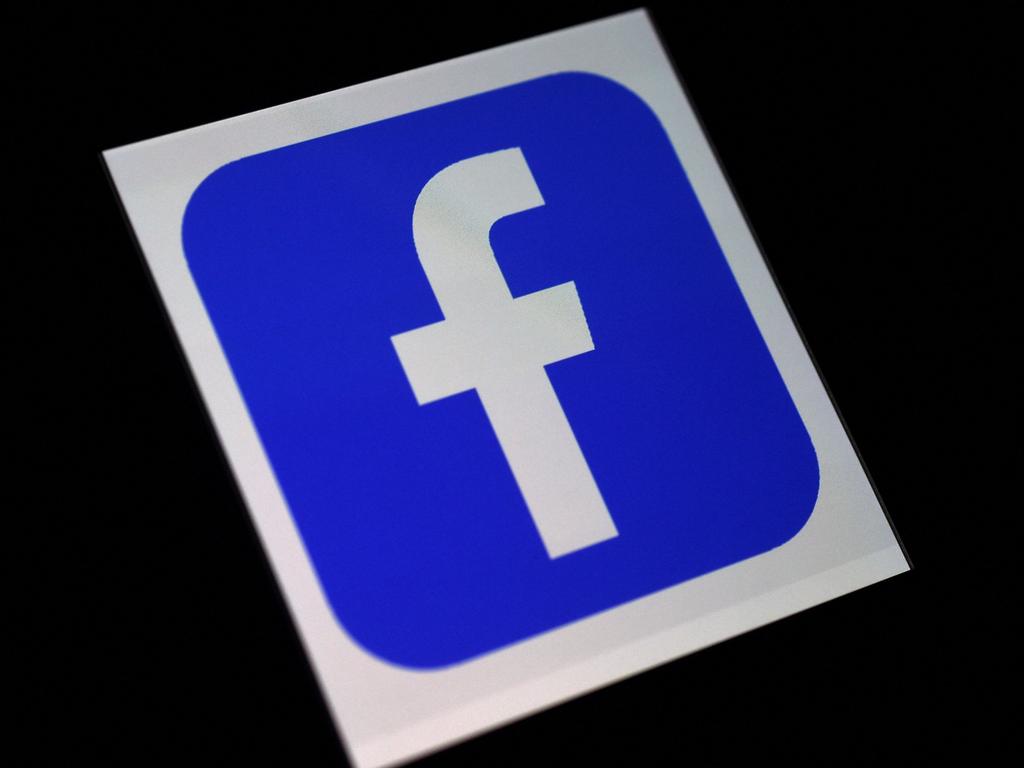
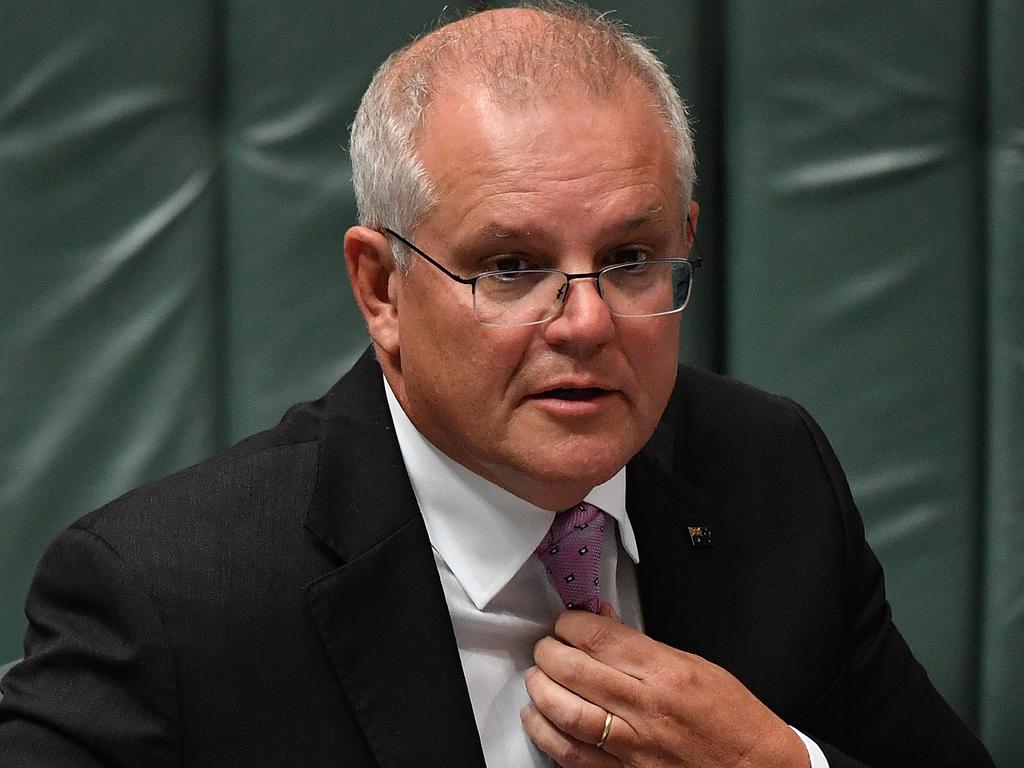
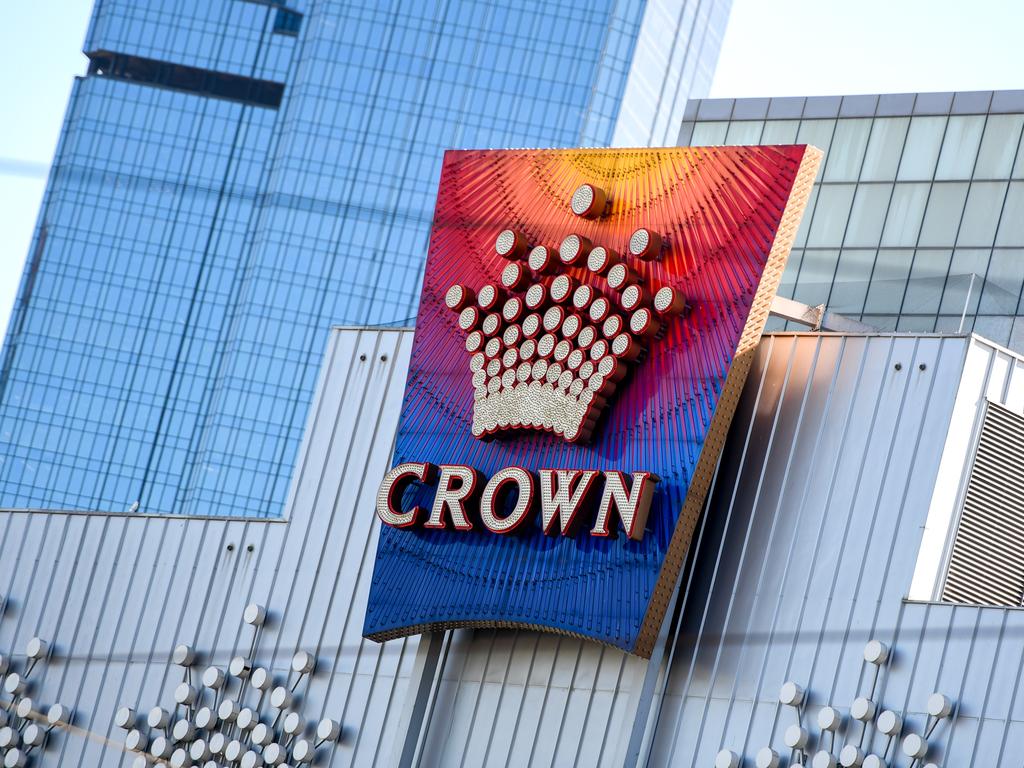
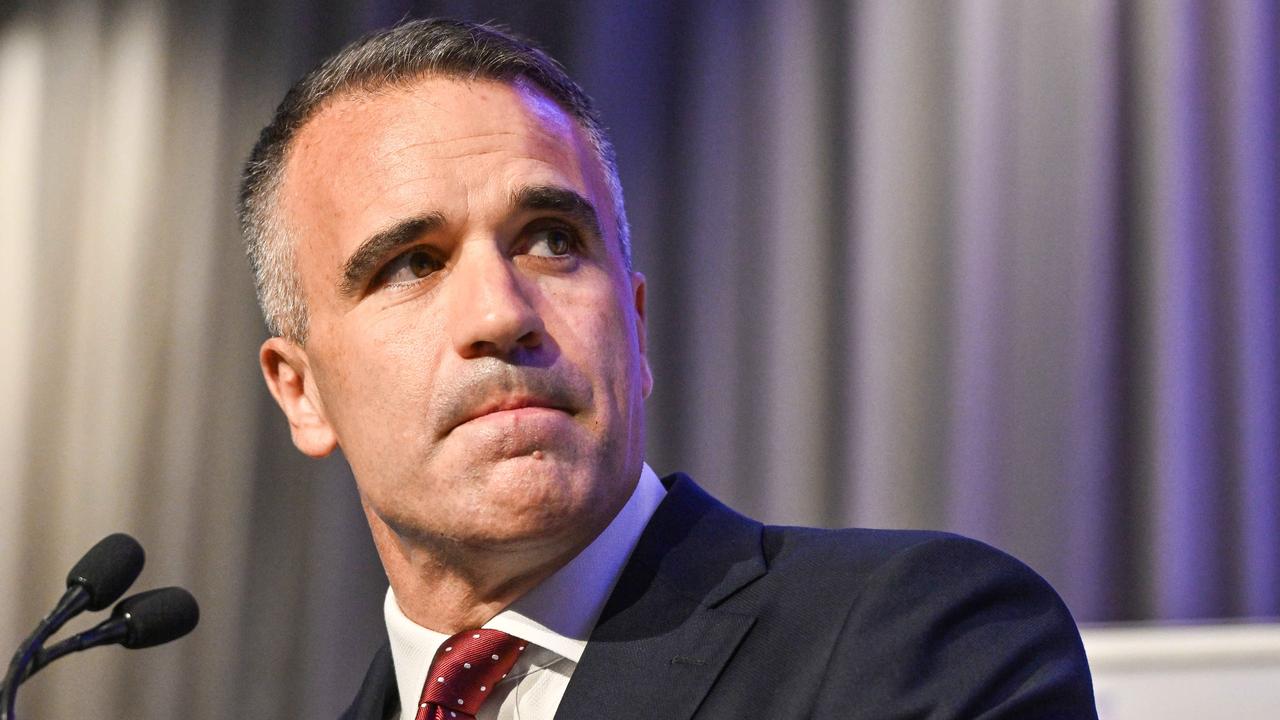
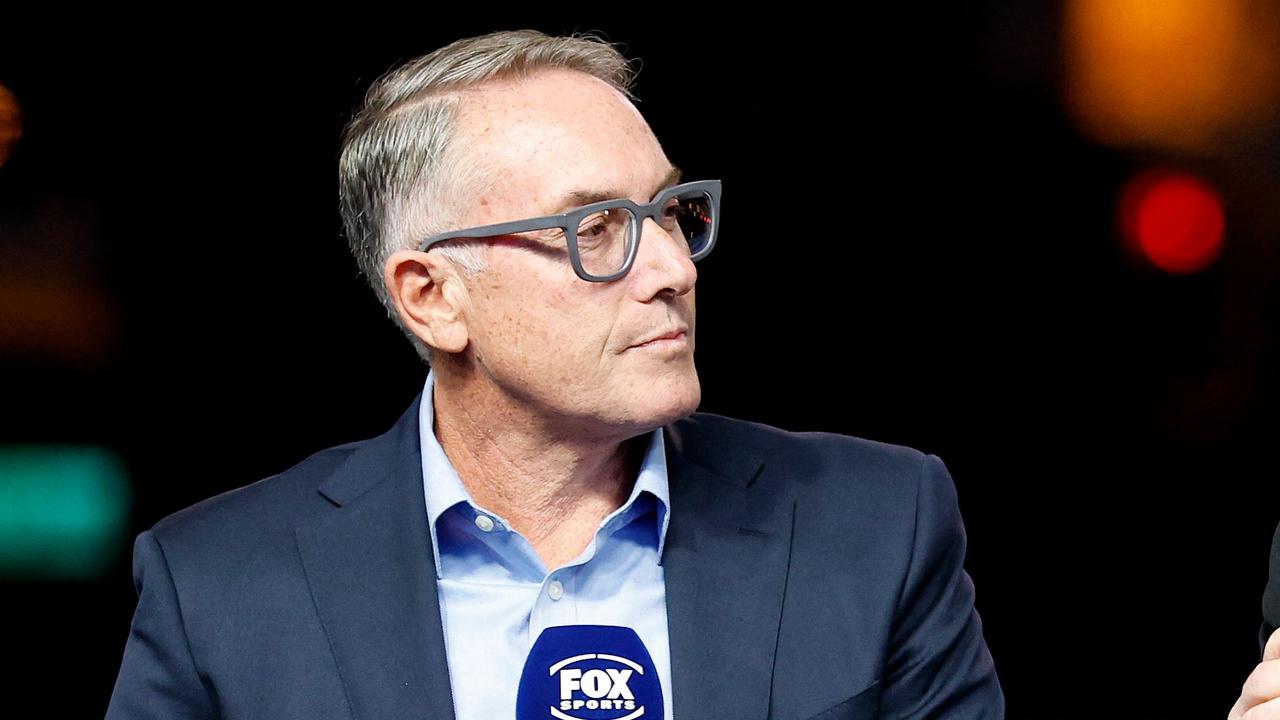
To join the conversation, please log in. Don't have an account? Register
Join the conversation, you are commenting as Logout